1920s
Mental Magnetism
Read it here.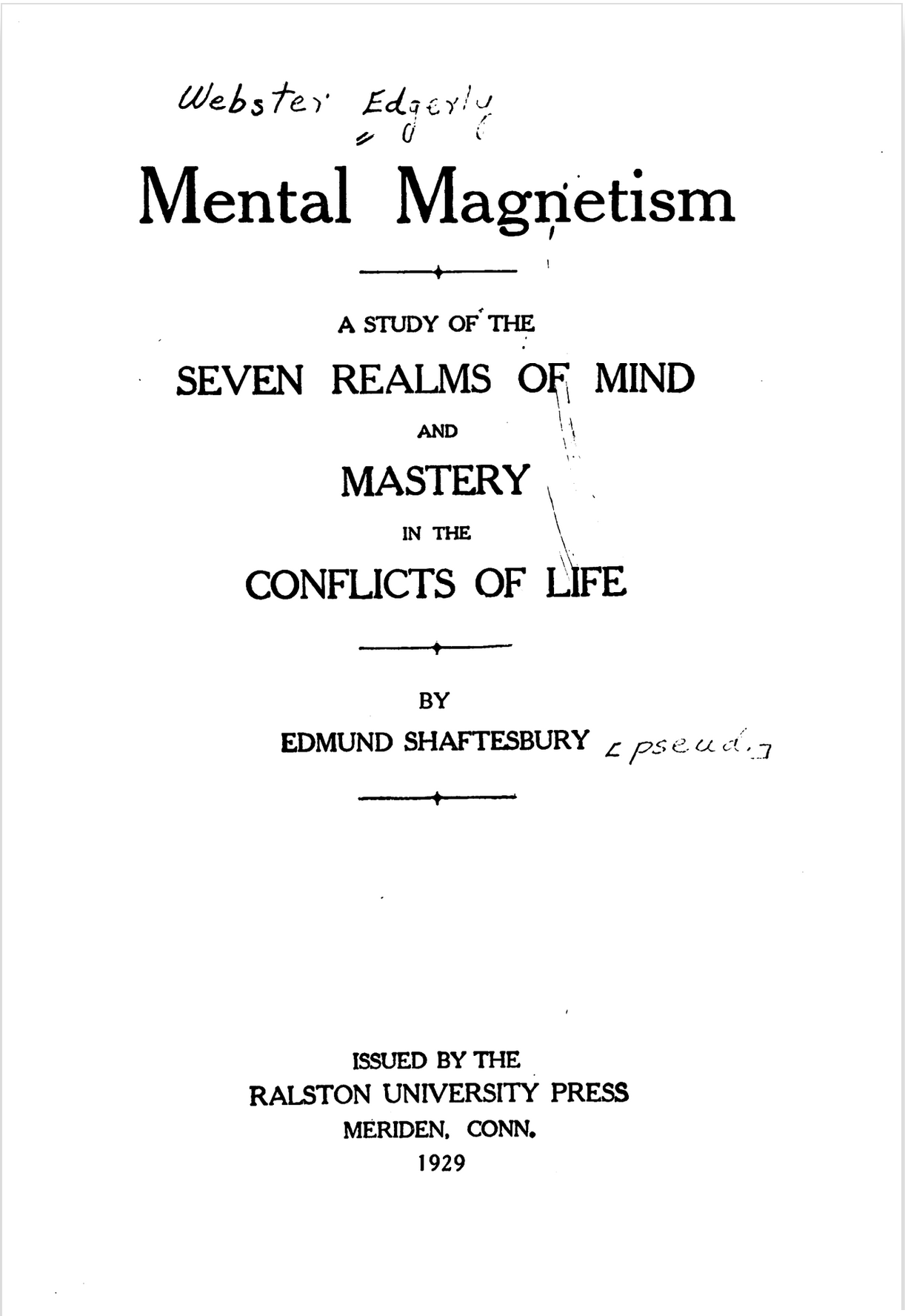
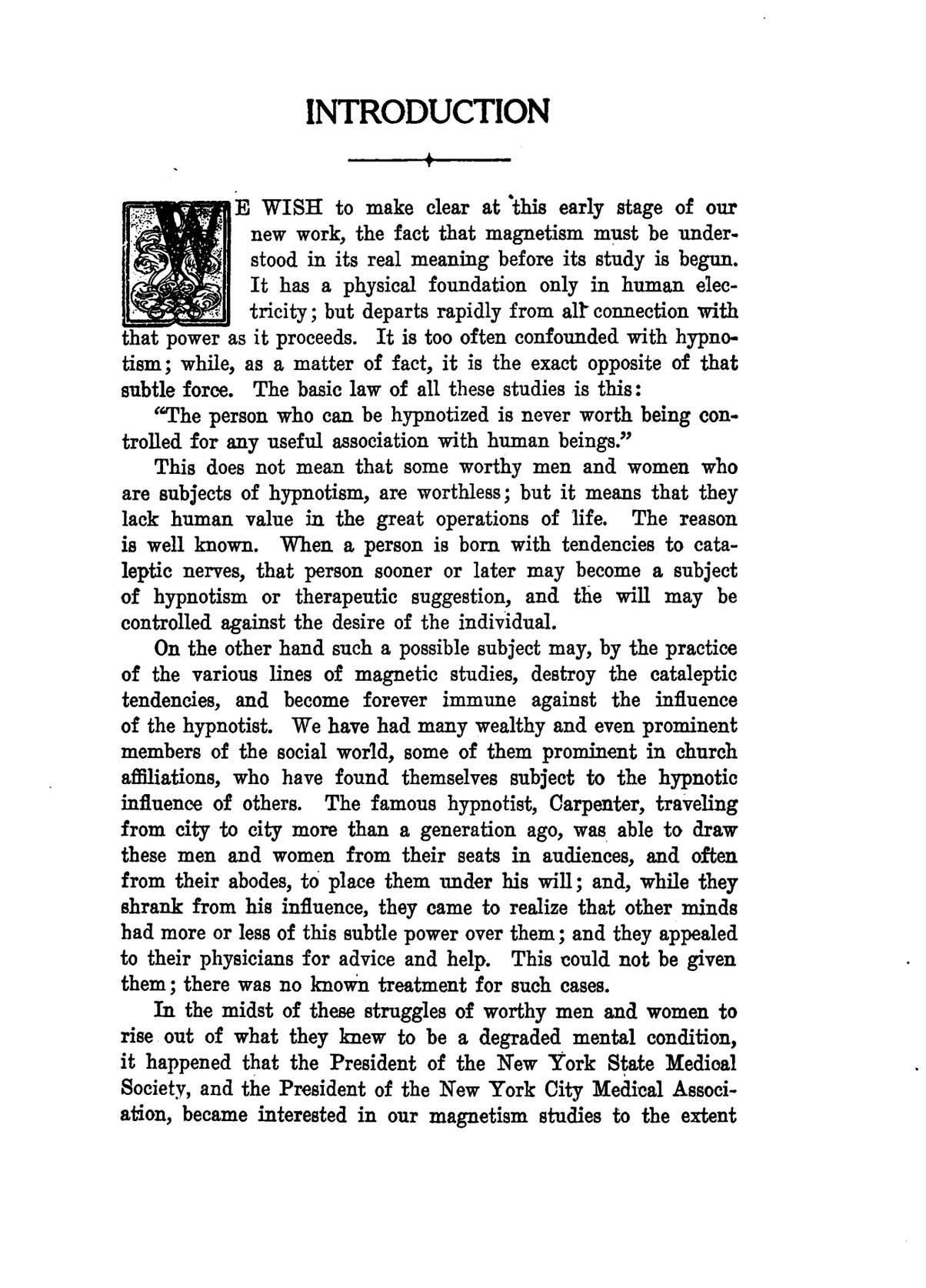
Posted By: Paul - Mon Oct 30, 2023 -
Comments (5)
Category: New Age, Supernatural, Occult, Paranormal, Patent Medicines, Nostrums and Snake Oil, Books, 1920s
Suction-Cup Scalp Nipples for Holding a Wig in Place
The illustration shows adhesive anchoring, but he does say suction cups are an option!Full patent here.
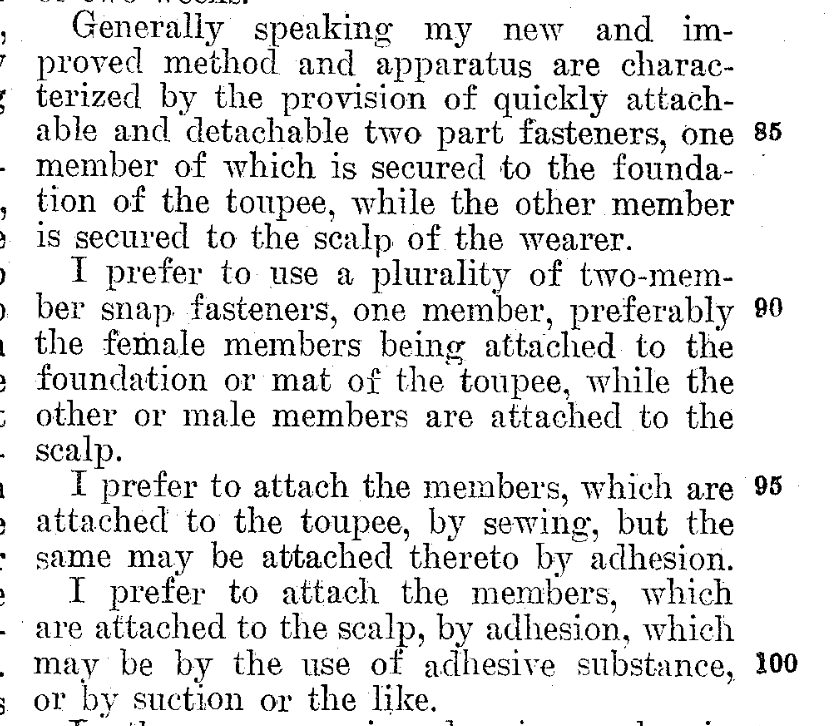
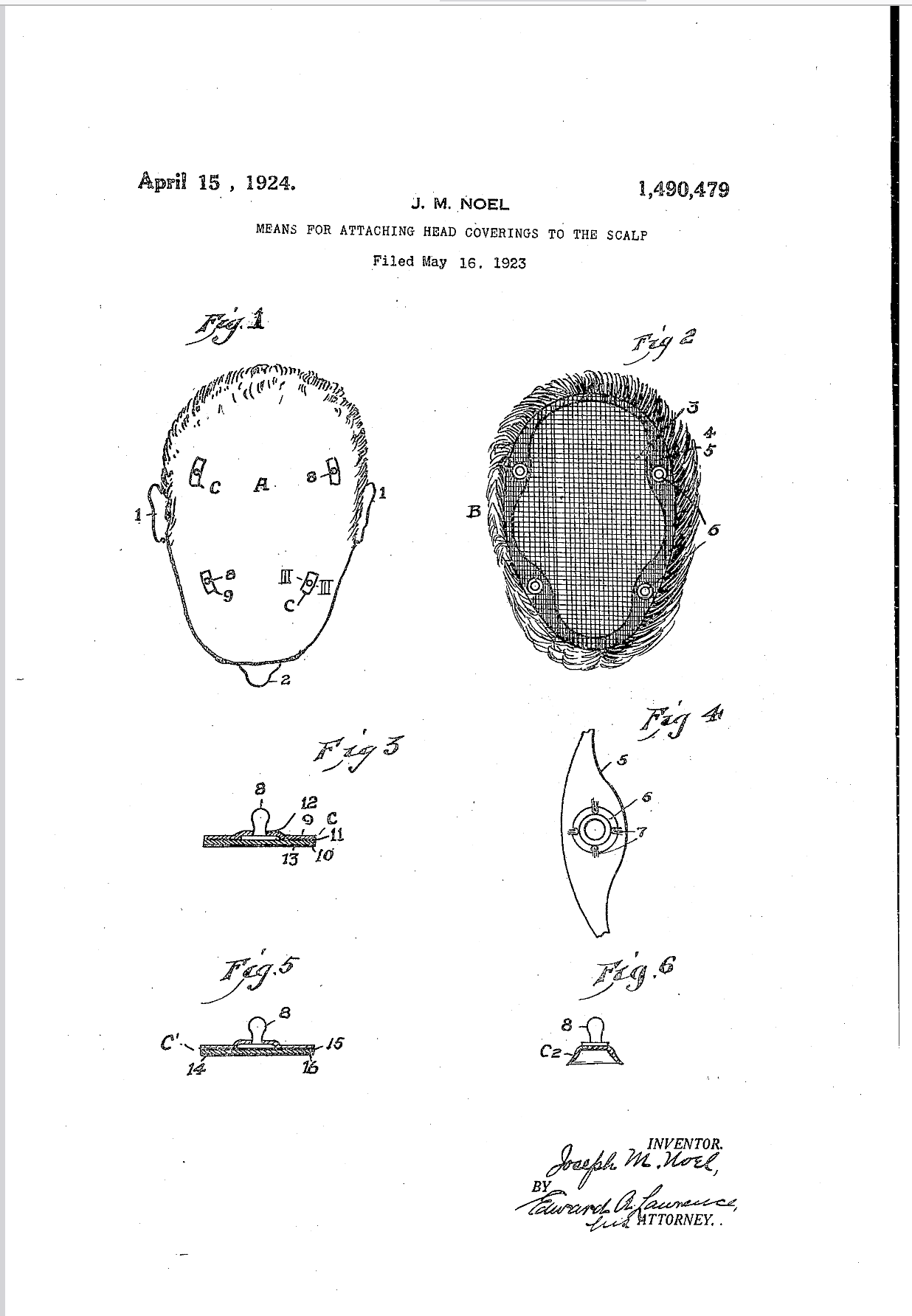
Posted By: Paul - Wed Sep 20, 2023 -
Comments (0)
Category: Wigs, Hairpieces, Fake Eyelashes, Implants, and other Prosthetics, Patents, 1920s, Head
Healing Mummified Hand
Although the mummified hand supposedly healed 500 people, I've only been able to find one description of a "cure":
Saskatoon Phoenix - Feb 8, 1928
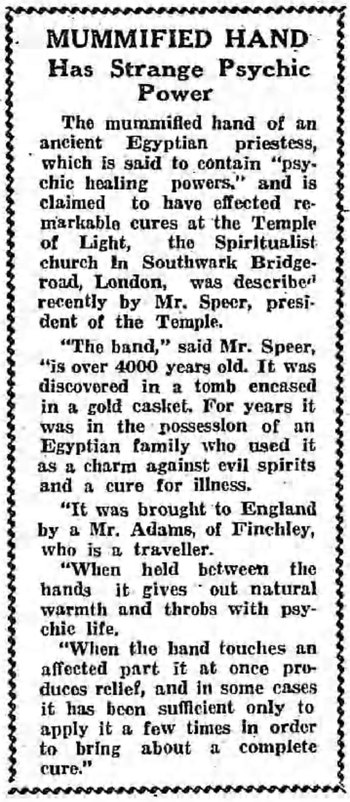
Sydney Sunday Times - Feb 5, 1928
Posted By: Alex - Tue Sep 12, 2023 -
Comments (1)
Category: Paranormal, Patent Medicines, Nostrums and Snake Oil, 1920s
Professor Bordier’s cure for the common cold
Electrifying the nose to cure the common cold. The electrification would continue until "the patient finds it difficult to bear the treatment."If it worked, I would use it to get rid of a cold. But I'm pretty sure the best it did was to temporarily relieve symptoms.


Montgomery Advertiser - Sep 11, 1927
Posted By: Alex - Mon Aug 07, 2023 -
Comments (2)
Category: Cures for the common cold, 1920s
The Live Forever Folk
Read an issue of their magazine here.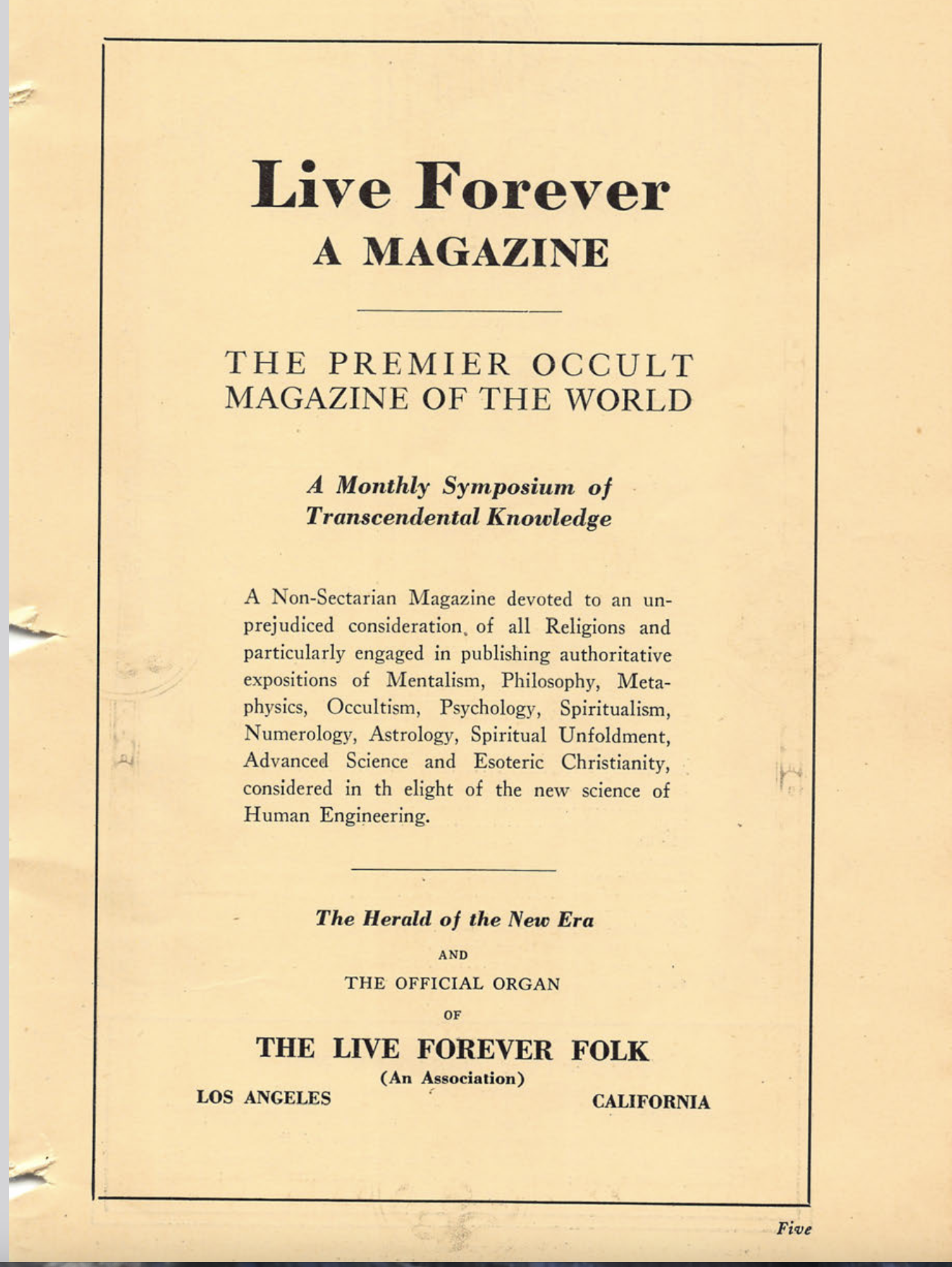
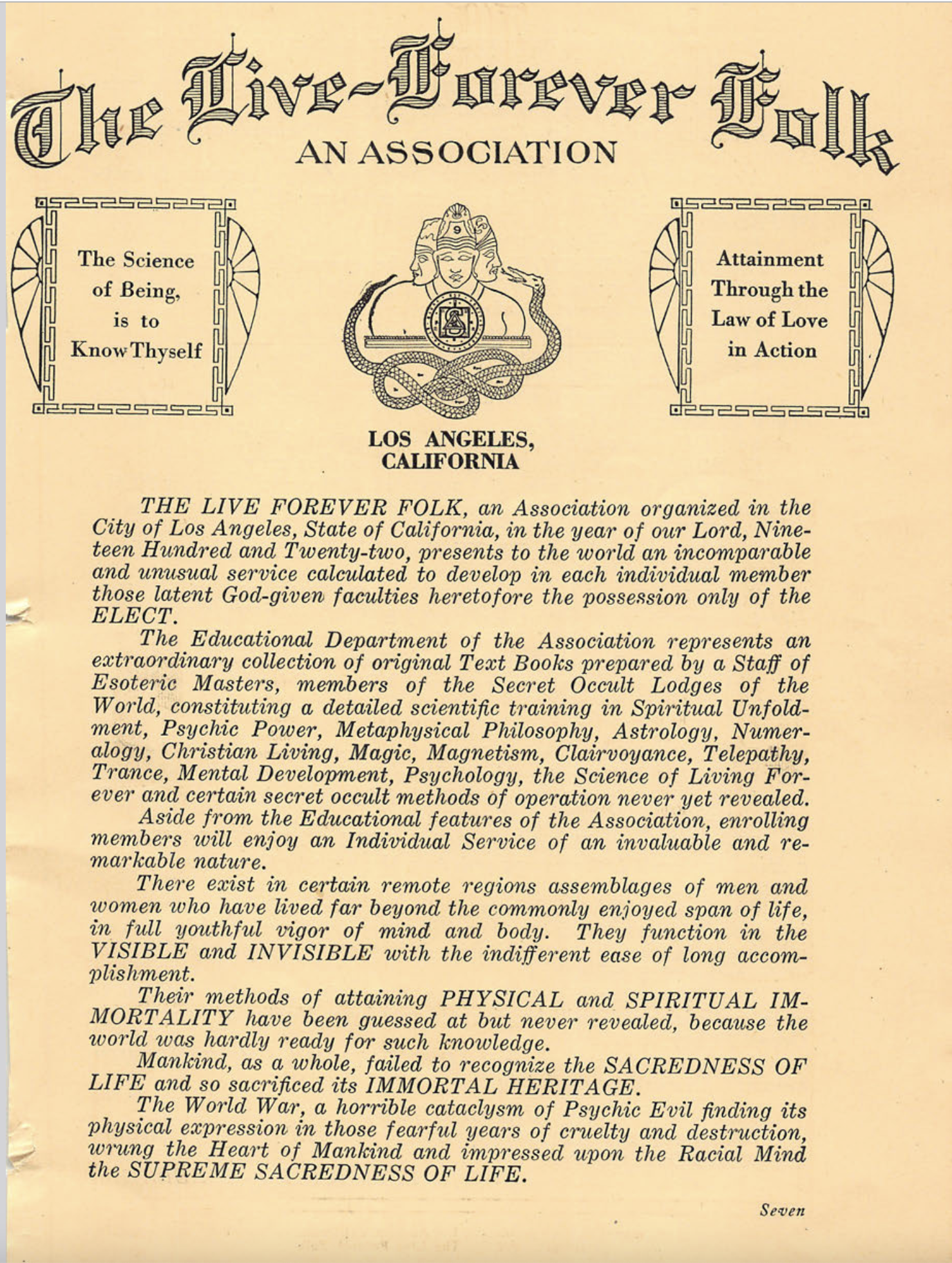
Read THE COSMIC SURVEY here.
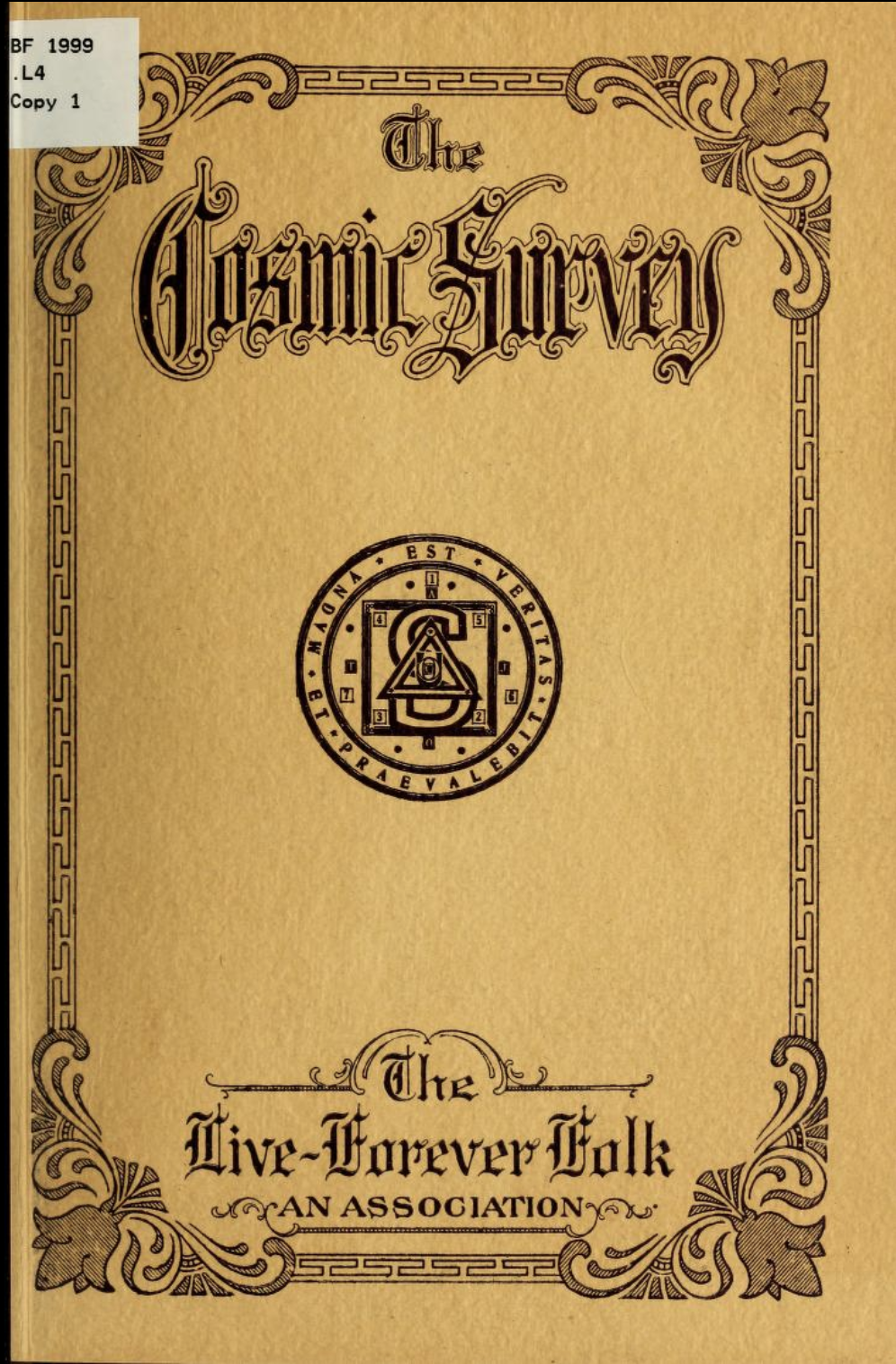
Posted By: Paul - Sun Aug 06, 2023 -
Comments (2)
Category: New Age, Regionalism, Supernatural, Occult, Paranormal, 1920s
An orthopedic appliance to produce permanent smiles
Patented by Josephine Rountree in 1926.I wouldn't call having this thing strapped to your face as "without inconvenience to the user."
Another object of the invention is to provide an appliance which will gradually train the muscles at the corners of the mouth into the position assumed by the act of smiling, without inconvenience to the user.

Posted By: Alex - Sun Jul 02, 2023 -
Comments (5)
Category: Beauty, Ugliness and Other Aesthetic Issues, Patents, 1920s
Immorality of artificial legs
Mrs. J.D. Grudger is the perfect name for a bluenose.
Wichita Daily Times - Dec 9, 1928
Posted By: Alex - Mon Jun 26, 2023 -
Comments (5)
Category: Censorship, Bluenoses, Taboos, Prohibitions and Other Cultural No-No’s, 1920s
Unreal News Reel No. 2
A relentless compilation of silliness.
Posted By: Paul - Sun May 21, 2023 -
Comments (1)
Category: Humor, Movies, 1920s
Body Exerciser
This looks like an excellent way to wreck your vertebrae.Full patent here.
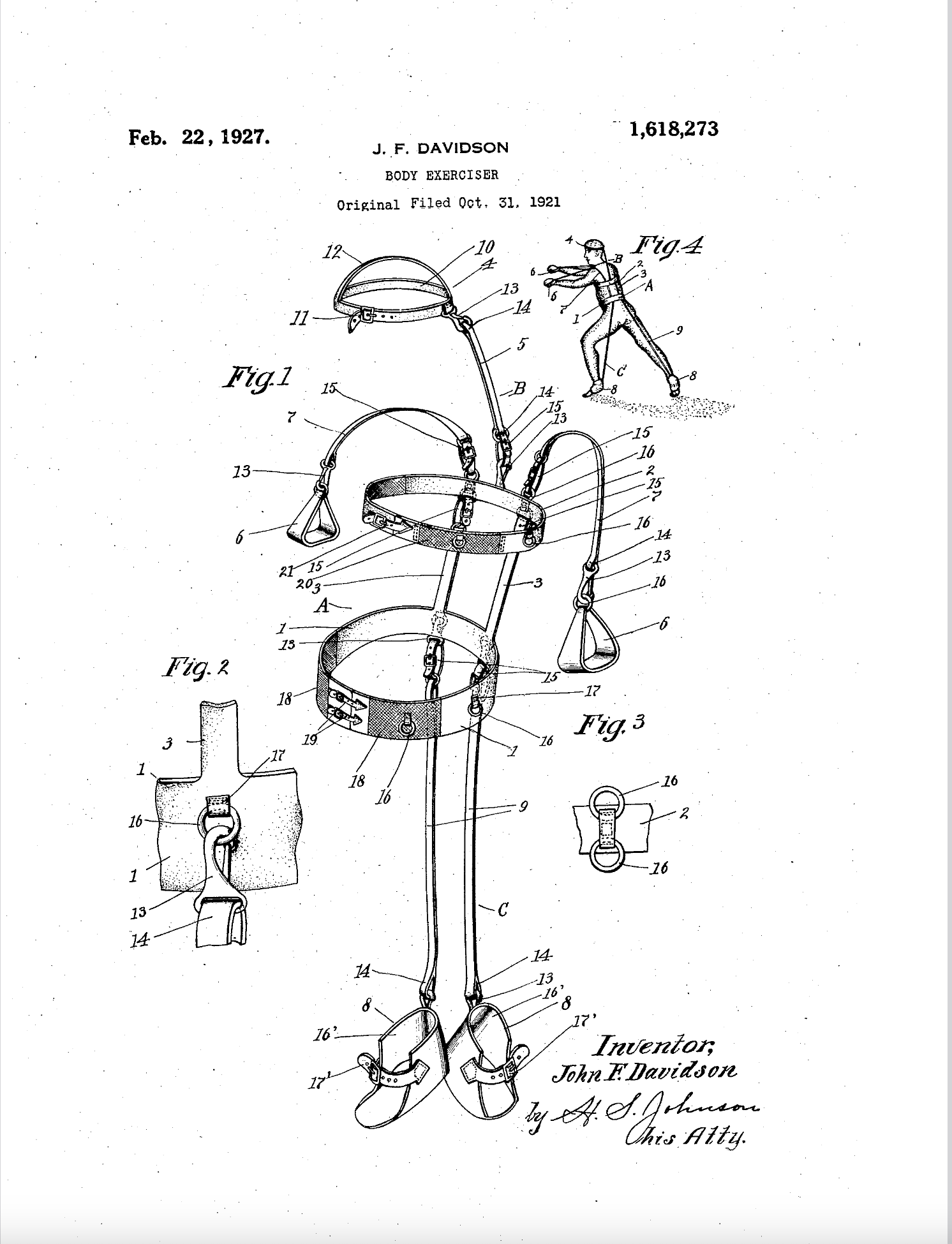
Posted By: Paul - Fri May 12, 2023 -
Comments (0)
Category: Exercise and Fitness, Inventions, Patents, 1920s
Milk-Drinking Contest
1928: Manly competition at the Hoover Vacuum Cleaner Company's employee picnic
Omaha Evening Bee-News - May 28, 1928
Posted By: Alex - Tue May 09, 2023 -
Comments (1)
Category: Awards, Prizes, Competitions and Contests, Sports, 1920s

| Who We Are |
|---|
| Alex Boese Alex is the creator and curator of the Museum of Hoaxes. He's also the author of various weird, non-fiction, science-themed books such as Elephants on Acid and Psychedelic Apes. Paul Di Filippo Paul has been paid to put weird ideas into fictional form for over thirty years, in his career as a noted science fiction writer. He has recently begun blogging on many curious topics with three fellow writers at The Inferior 4+1. Contact Us |




